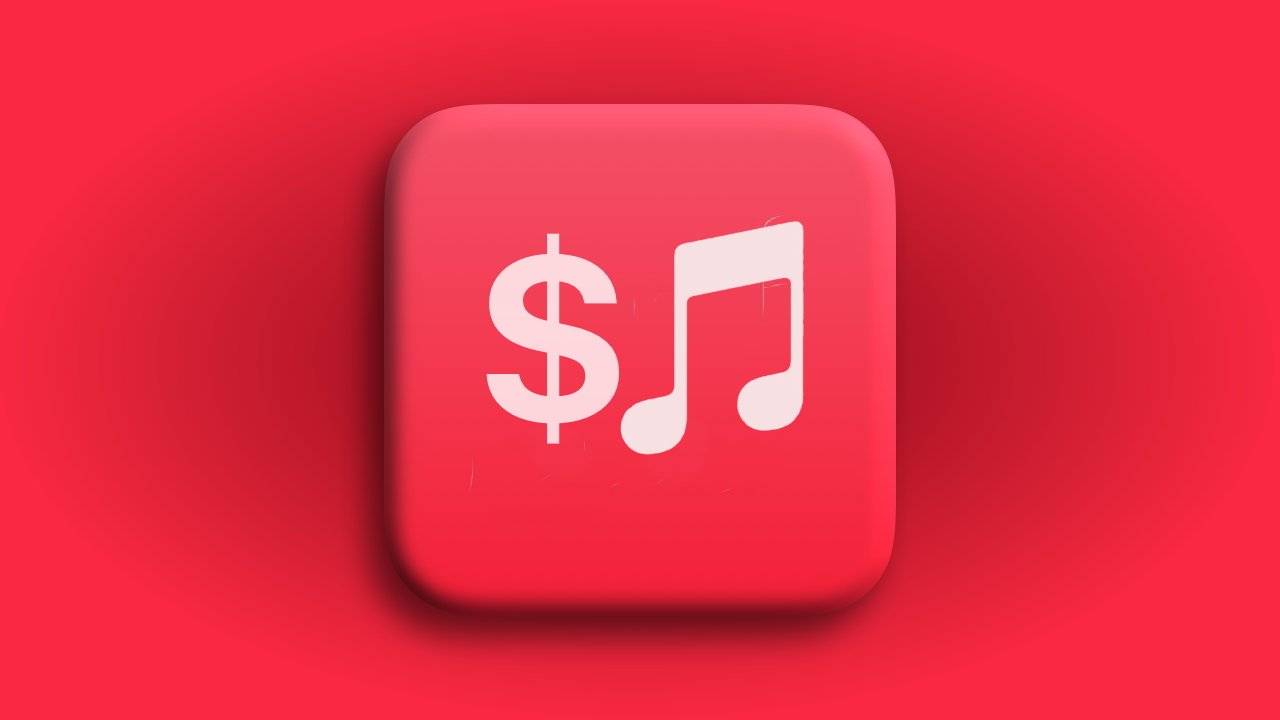Apple Music's increased spatial audio royalties are taking money from independents
Smaller record labels say Apple Music has not added money to the royalty payout pool to fund its 10% incentive for spatial audio, and instead it is reducing how much it pays all but the biggest firms.

Apple Music has a pot of money and it's spending more with larger record labels
Apple Music recently told artists and record labels that it would pay them 10% greater royalties for music made in spatial audio. Counter-intuitively, the increase is not tied to how much spatial audio is listened to, but rather to what proportion of a label's output is in this format.
So a label that can remaster everything it owns in spatial audio will see a considerably greater increase in revenues compared to one that can only remaster half its catalog.
According to the Financial Times, though, many labels can't afford to make any spatial audio remasters at all -- and that they say they are being punished for it. With no increase in Apple Music's overall spend, more money for spatial audio tracks means less money for everyone else.
"It's literally going to take the money out of independent labels and their artists, to benefit the biggest companies in the marketplace," a senior executive at a large independent record company told the publication. "It's going to benefit the biggest player, Universal, because they're the ones with the resources to invest in that."
"Whereas the independent sector," continued the executive, "we've found it hard to justify the expense of creating spatial masters... we're not in the business of chucking money just because Apple is saying you should be spending money on this."
There is an artistic reason to resist converting tracks to spatial audio. Another music executive told the Financial Times that "[forcing] a spatial mix is the equivalent of hanging a digital 3D version of the 'Mona Lisa' and expecting Louvre patrons to prefer it."
However, the real resistance to spatial audio is because of the cost. Reportedly, producing new music in spatial audio adds around $10,000 per album, for instance, where remastering an older recording could cost twice that.
As one example, the Financial Times cites the case of Beggars Group, a UK record label. It has around 3,000 albums in its catalog, meaning it would cost over $30 million to convert them all.
Smaller labels, notes the publication, do not have the leverage to pull their works off Apple Music. Several unnamed music executives said that they hope to negotiate with Apple, although failing that they would pursue legal or regulatory routes.
"Apple is probably most people's number-two digital partner globally in terms of revenue," said another record executive. "If [spatial audio] takes between 5 and 10 per cent off of your global revenues, and not even because the songs aren't performing but because you lose that money and it goes to Universal, the biggest player in the market, we're definitely concerned."
"It's hard enough to make money off streaming," he or she said.
Apple introduced spatial audio in 2021.
Read on AppleInsider

Comments
It's a tough way to earn any money unless you're Universal, Sony, or Warner.